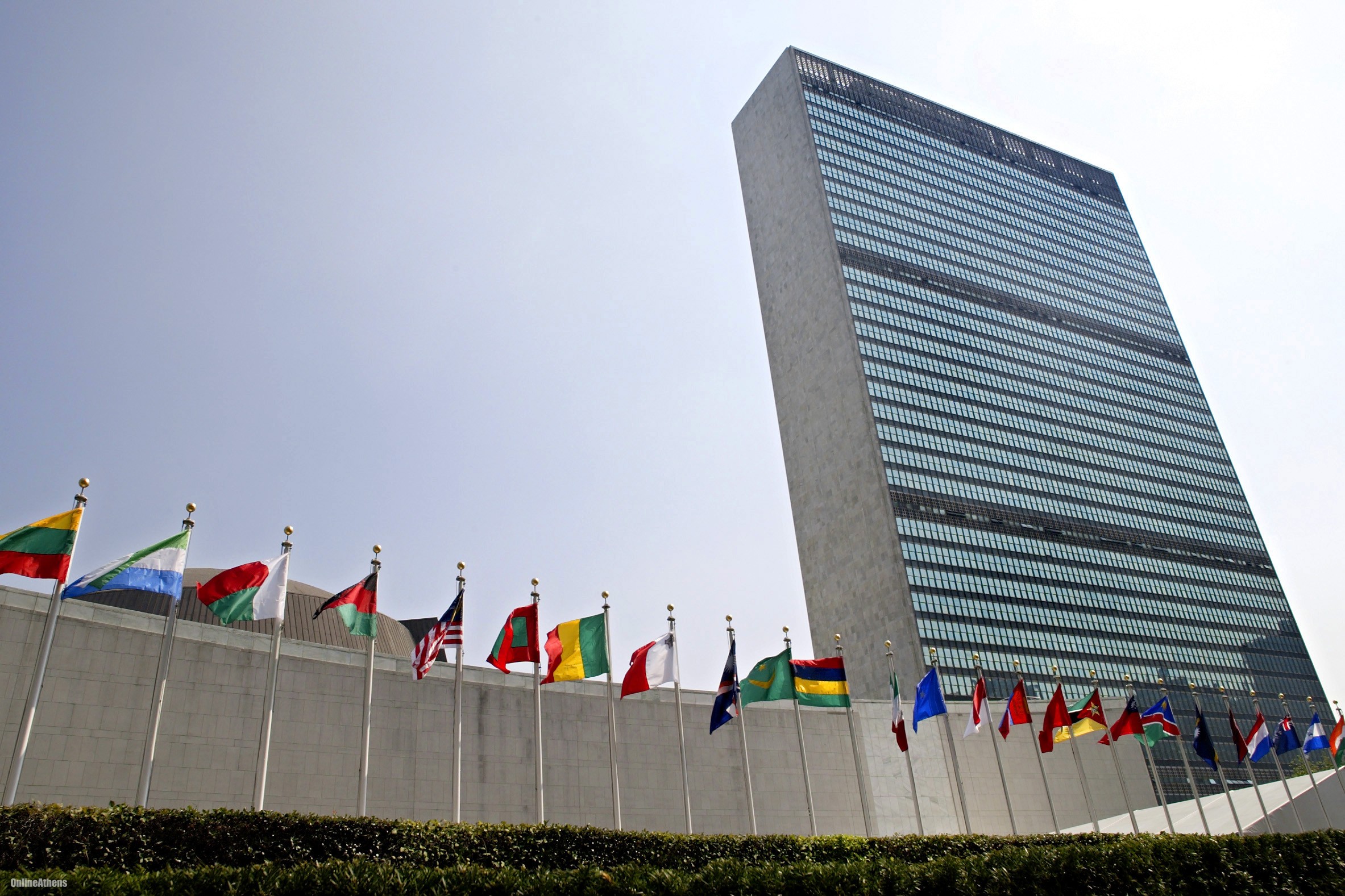The geeks are convinced of it: Google is about to snuff out Google Plus. The younger generations, Millennials in particular, consider Google+ a social media disaster. Something totally useless, even laughable. A month ago, Google Plus’ founding father, Vic Gundotra, resigned, and rumors were that Google Plus staff was being relocated, possibly to the Android platform.
Does that spell the end for Google+?
A lot of people in the blogosphere think so. Tech Crunch is convinced of it, calling Google Plus a “walking dead.” There were many complaints, and the forced integration of Google Plus with YouTube was not appreciated; it has already led to a decoupling. But not everyone agrees. Mark Traphagen, for one, argues that Google Plus will not die but change (see his article on Marketing Land here). His arguments in a nutshell:
1. Google CEO Larry Page has officially stated commitment to a continued Google Plus and its integration in all Google activities; statements from top managers remain key to understanding corporation policy (though this is debatable);
2. But the Google+ brand could be “de-emphasized” — or to use Traphagen’s own words, what started to happen six months ago was that “Google was already strategically moving from pushing Google Plus the social engagement platform to promoting Google Plus the one-stop data miner for webmasters and app developers in relation to their users.”
A “one-stop data miner”? That’s geek-speak to indicate that Google Plus has the function of being an entry point for users to take advantage of all Google services.
What users? Not people like you and me but webmasters and app developers.
Why? Because, the big social networks like Facebook and Google Plus are “falling apart” — this is an expression used by Mike Elgan (see here), and he doesn’t mean it in the sense of disappearing but in the sense of becoming platforms that host specific niches/services that are popular, like Instagram and WhatsApp on Facebook or Vine on Twitter.
Related article: “WHY INSTAGRAM IS FAST BECOMING KING OF THE SOCIAL MEDIA“
The strategy is simple: Set up the apps that the young flock to and harvest consumer data to be used on advertising. So you can “target” ads like never before.
So if Facebook does it, why not Google? It’s becoming a little scary, all this emphasis on collecting consumer data to enable more targeted advertising and openly admitting to it.
It all looks like a semantic game: Google Plus is going, it’s gone, but Google, which is really the same thing, is here to stay. And it stays as a “data miner,” a huge machine that collects information about where you live, what you like, what you think. So that more pointed ads can be aimed at you and privacy be damned.
One may well wonder why nobody is asking why the young eschew the social networks platforms and flock to the apps – things like Snapchat that supposedly make messages disappear…until it’s discovered that it doesn’t. Because messages do linger on the Net more or less forever if you know how to look for them (see here).
If so, what is there that remains social about the social networks? Isn’t it time to rethink the whole social media model?










